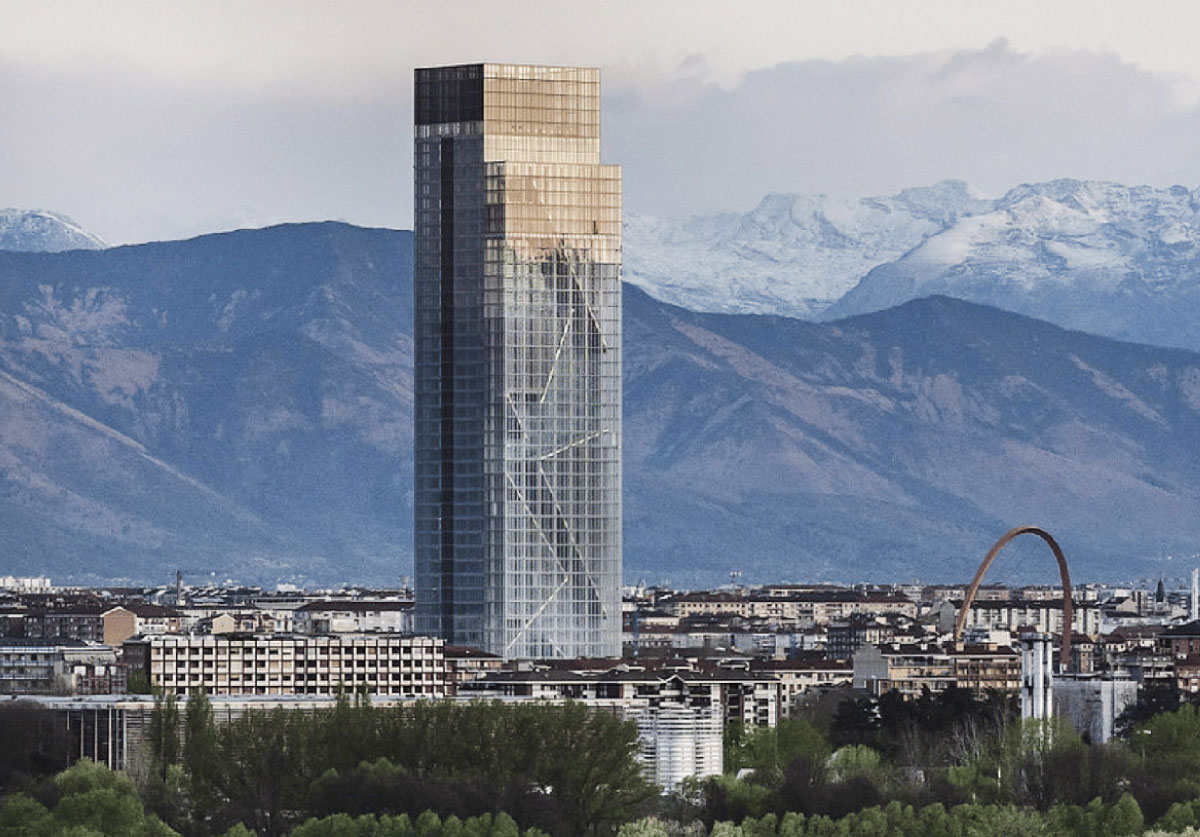
Massimiliano Fuksas
Massimiliano Fuksas was born in Rome in 1944 to a Lithuanian father and an Italian mother. After studying at the University of Rome La Sapienza, he graduated in architecture in 1969. In the following years, he founded Studio Fuksas, which would go on to become one of the most renowned and influential architectural firms worldwide. Starting in the 1980s, he began working closely with Doriana Mandrelli, his wife and creative partner, with whom he developed a distinctive and recognizable design language.
Fuksas is known for his contemporary, fluid, and experimental architectural style, which combines formal exploration, technological innovation, and a strong focus on the aesthetic and symbolic dimensions of space. His work spans architecture, urban planning, and design, approaching both large-scale projects and more intimate interventions with the same sensitivity.
Among his most iconic projects are the Roma Convention Center (La Nuvola), considered a symbol of contemporary Italian architecture; Terminal 3 of Shenzhen Bao’an International Airport in China; the Rho-Pero exhibition center in Milan; the Twin Towers in Vienna; the Church of San Paolo Apostolo in Foligno; and the MyZeil shopping center in Frankfurt. Each project embodies a pursuit of lightness, transparency, and dynamic spaces designed to create an emotional experience for those who inhabit them.
Studio Fuksas has offices in Rome, Paris, and Shenzhen and has completed over 600 projects across Europe, the Americas, Asia, and Australia. The studio’s work is characterized by an experimental and interdisciplinary approach, where architecture becomes a tool to engage in dialogue with the city and contemporary society.
Beyond his professional practice, Massimiliano Fuksas has also played an important role as a theorist and cultural promoter. He directed the architecture section of the Venice Biennale in 2000 and has written numerous articles and essays reflecting on architecture as a means of social and cultural transformation.
Throughout his career, he has received numerous international awards, including the Legion of Honor in France and the Grand Prix d’Architecture.
Today, Massimiliano Fuksas is regarded as one of the most influential and innovative Italian architects on the global stage, capable of creating iconic and visionary works that look to the future while always keeping the human experience and the universal value of beauty at the center.
Projects

